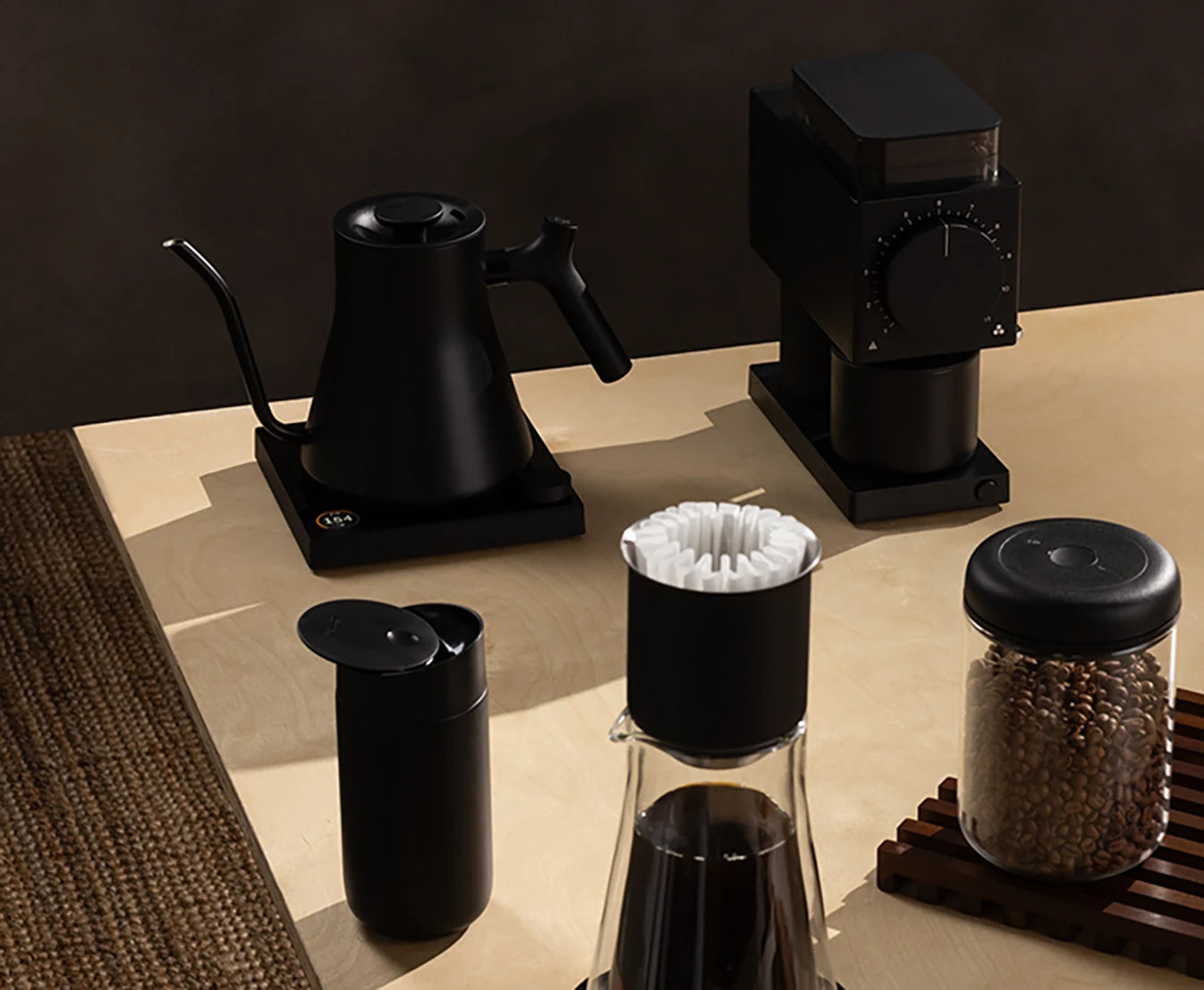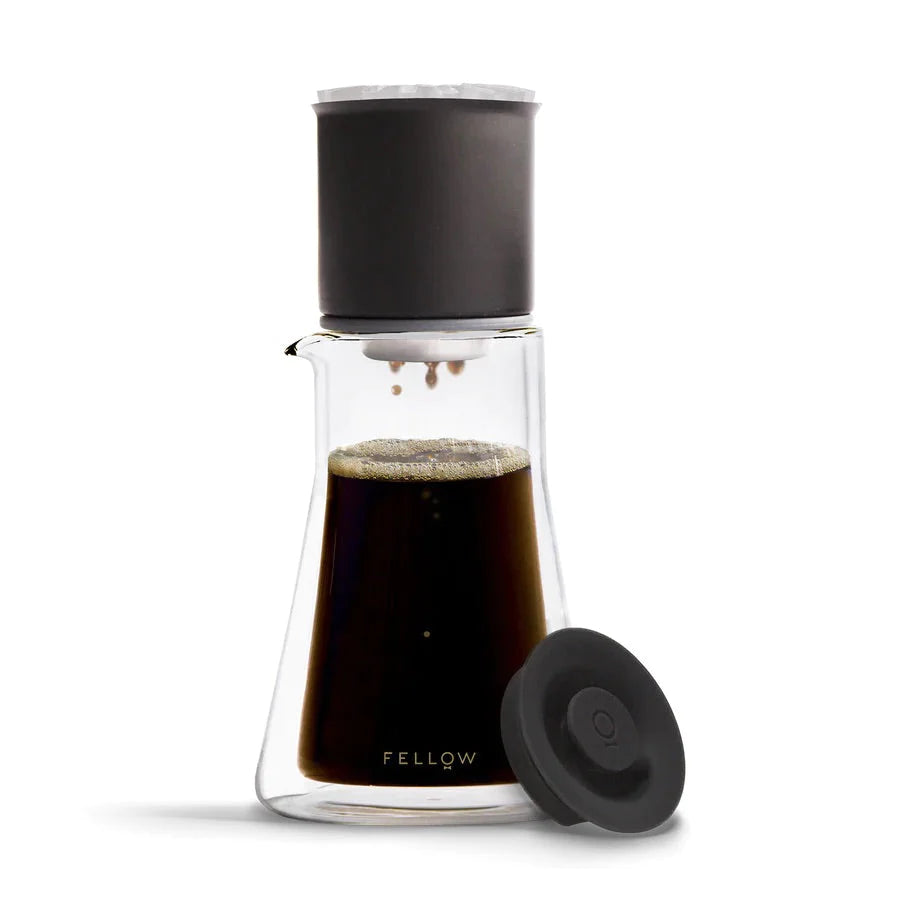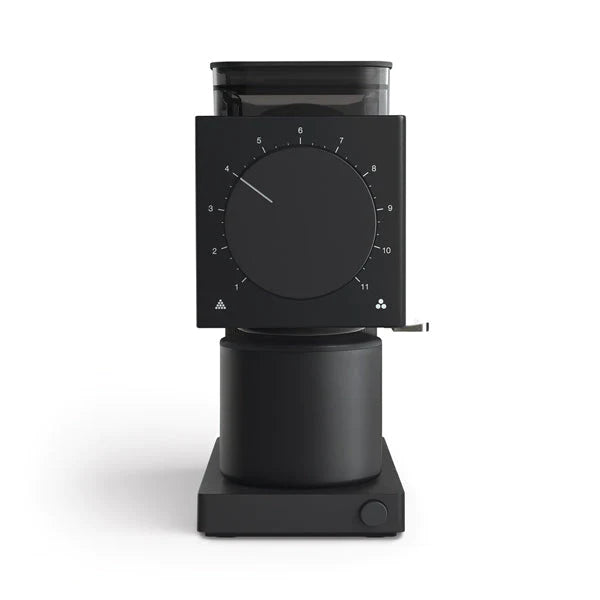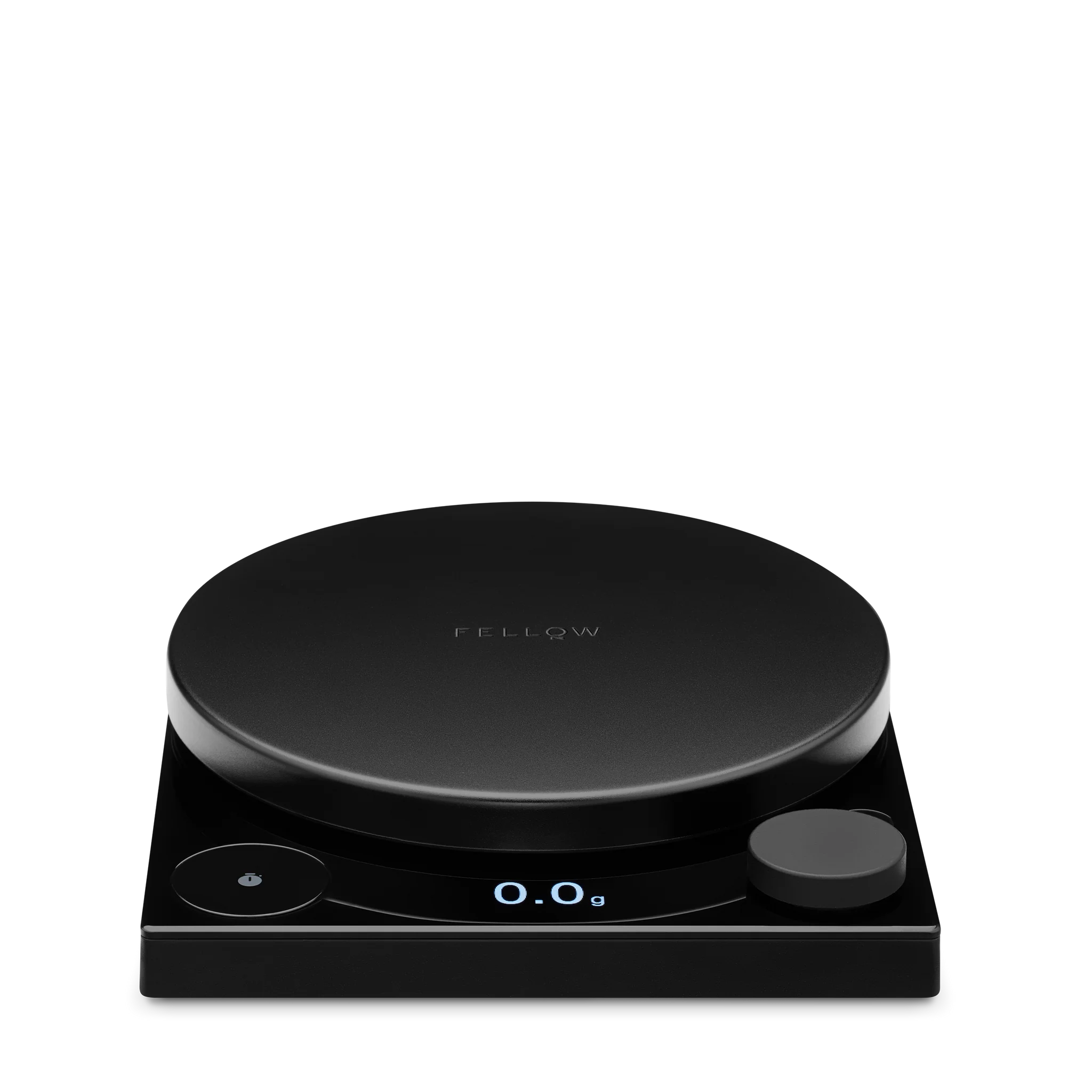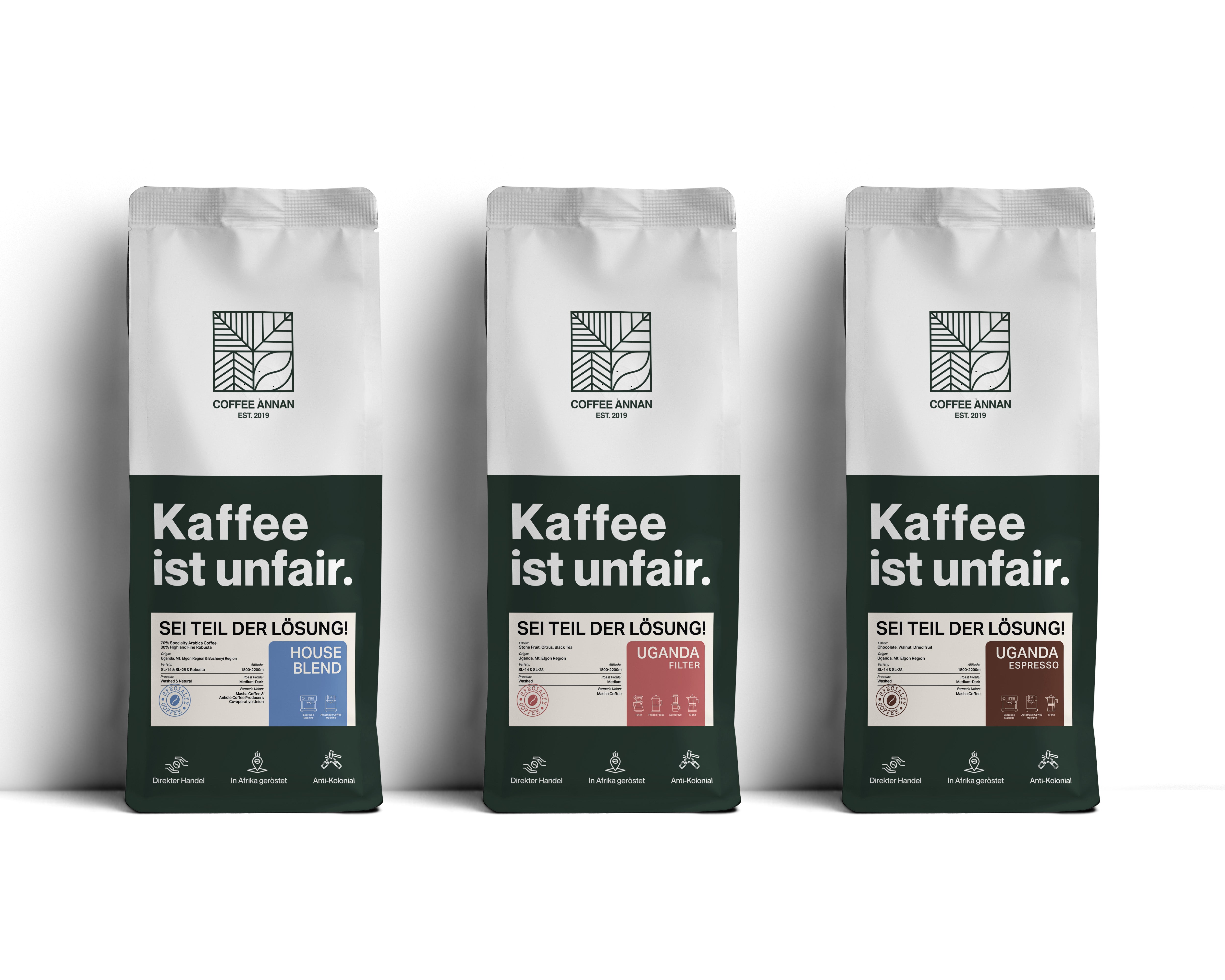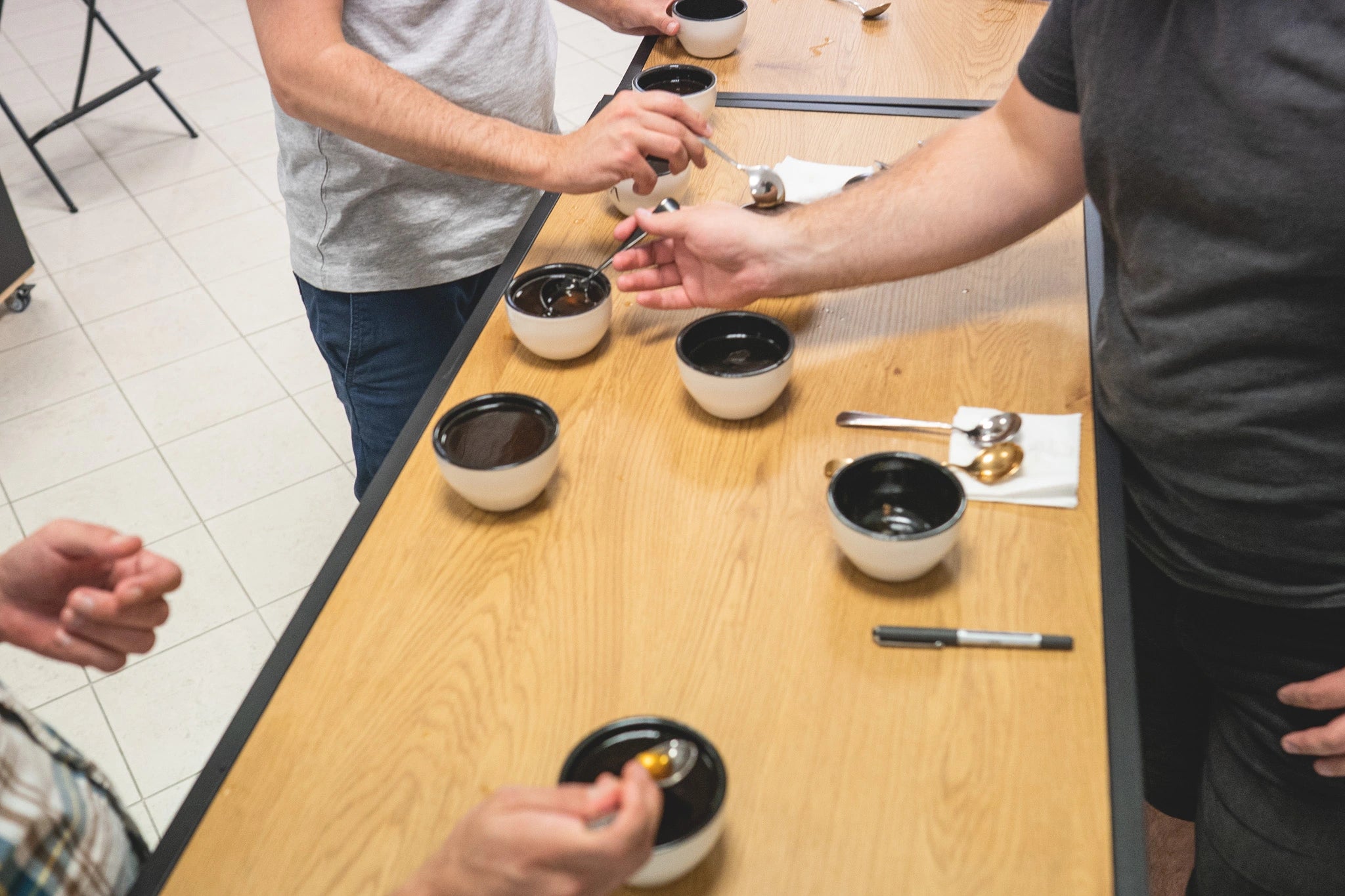The Journey of the Coffee Bean: From Growing to Roasting
The freshness of coffee can be assessed using two categories: the freshness of the green beans and the freshness of the roasted beans. Green coffee, i.e. the unroasted beans, can stay fresh for up to a year if stored properly. By “properly” we mean a cool, dark place and, if possible, in hermetic bags. It does not yet have the characteristics of coffee such as aroma or taste - these only arise during the roasting process. During roasting, coffee undergoes a metamorphosis in which a variety of chemical and physical changes take place. This process is crucial for unlocking the attributes we associate with coffee.
Four Factors of Roasted Coffee Freshness
Prof. Chahan Yeretzian from the Zurich University of Applied Sciences has identified four main factors that influence the freshness of roasted coffee: space, oxygen, temperature and time.
1. Space: Freshly roasted coffee beans are saturated with volatile aroma molecules. Due to physicochemical forces, the aroma tends to escape into any available open space around the beans. This means that more flavor is lost when roasted beans are stored in a large container with plenty of air space than when they are stored in a smaller container with less air space.
2. Oxygen: If coffee beans come into contact with oxygen from the air, this can lead to the breakdown of some sensitive aroma components. While this degradation can be noticeable, most of the time the flavor loss is dominated by the above process, where the flavor escapes into the open space around the beans. However, another oxidation process, the oxidation of the coffee oil, produces very unpleasant rancid flavor components that should have no place in the brewed coffee. The oil is naturally present in the roasted coffee bean, and oxidation within the bean occurs rather slowly. However, if the oil migrates to the surface of the bean, the oxidation process proceeds much faster and has very unpleasant consequences.
3. Temperature: The two previously mentioned processes, aroma diffusion and oxidation, are determined by temperature. The higher the temperature, the faster the molecules move. If the molecules move faster, the aroma is more likely to escape from the coffee and oxygen is more likely to cause damage to the bean. If we could cool coffee to absolute zero temperature, it would theoretically be fresh indefinitely.
4. Time: None of the processes described above happen immediately; all require time to take place. The longer you store your roasted beans, the more aroma and flavor you will lose.
Degassing on the Way to Europe
We attach great importance to only using fresh green beans. Our green coffee comes directly from the farm and is roasted immediately. Typically, freshly roasted coffee is then degassed for up to seven days before being packaged. Since coffee in our range has a longer journey after being roasted in Africa, it is immediately packaged in bags that are flushed with nitrogen to displace oxygen. These very high barrier bags feature a one-way valve that allows CO2 to escape without allowing oxygen to enter. This makes it possible for the coffee to degas on the way and reach our customers in Europe at its peak taste. Although we are satisfied with our bags, we are still looking for equally functional materials that are more environmentally friendly, i.e. perhaps even aluminium-free.
Processing coffee - especially if you want to guarantee freshness - is a race against time. We have systems in place to move beans as quickly as possible by shortening supply chains and engaging in direct trade. This is how we ensure that the coffee for the office always reaches our customers fresh.
Shelf Life and Freshness
Freshness and shelf life have only a limited connection. The bottom line is that shelf life refers to the period of time during which a food, when stored as recommended, retains its basic properties in terms of safety, taste, nutritional value, texture and appearance. With coffee, this means above all that no unpleasant changes occur within this period.
The shelf life and freshness of coffee are influenced by many factors: the production and processing method, the type of packaging, storage conditions and exposure to air, moisture, light and temperature.
While the freshness of green coffee can last for a full year when stored optimally, roasted beans are considered vulnerable. From about three months after roasting, the coffee loses its fresh properties. Nevertheless, coffees in our supermarkets have a printed shelf life of nine to 24 months. This is solely because there should be no unpleasant changes to the coffee during this period. Trained sensory experts would certainly doubt this. We are also convinced that freshness and shelf life must be clearly distinguished. We do not believe that roasted coffee can stay fresh for 24 months.
Context
To further shed light on the context of coffee freshness: In 2021, Thomas Taussig achieved fourth place in the filter coffee championships with a two-year-old coffee. This in no way means that we recommend two-year-old coffee, but rather it shows that coffee is about more than just the roast date. Fresh green beans, appropriate storage and the highest quality coffee all play a role in this complex play of flavors.
Conclusion
The freshness of coffee is a complex interplay of various physical and chemical factors and processes. The shelf life of a coffee is only partially related to its freshness. What is certain: a coffee will certainly last longer than it is fresh. And as far as we are concerned: Through careful selection of beans, precise roasting, well-thought-out packaging and optimized logistics, we ensure that every sip of coffee develops its full aroma potential.
We hope that this article has given you new insights into the world of coffee and invite you to experience the freshness for yourself. At Coffee Annan there is always fresh coffee, and by roasting it in the growing countries, the local producers retain more profit.